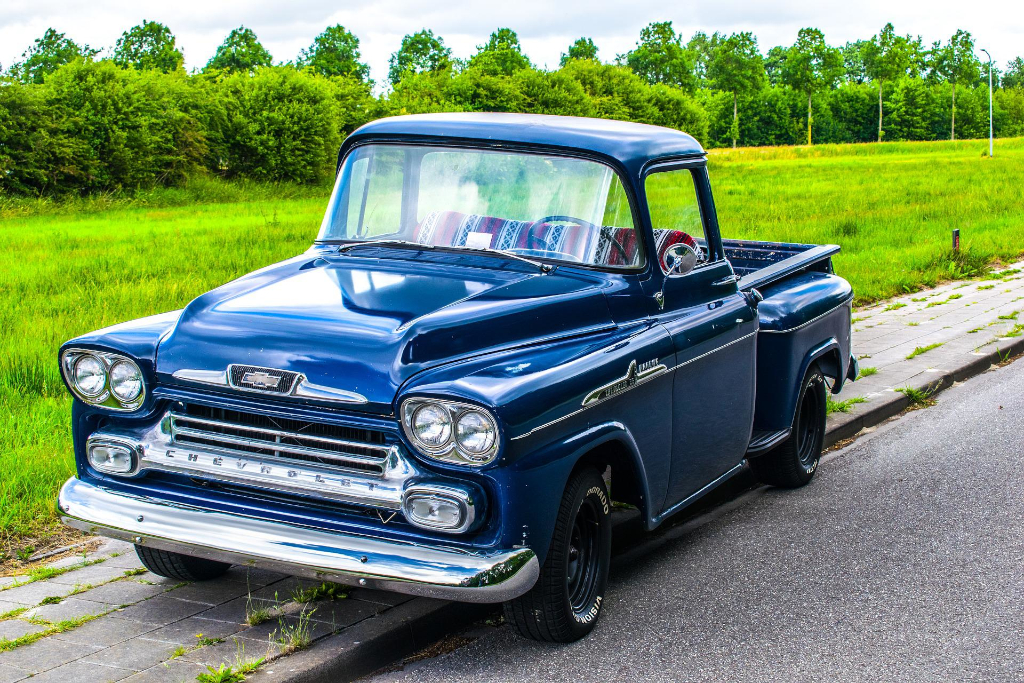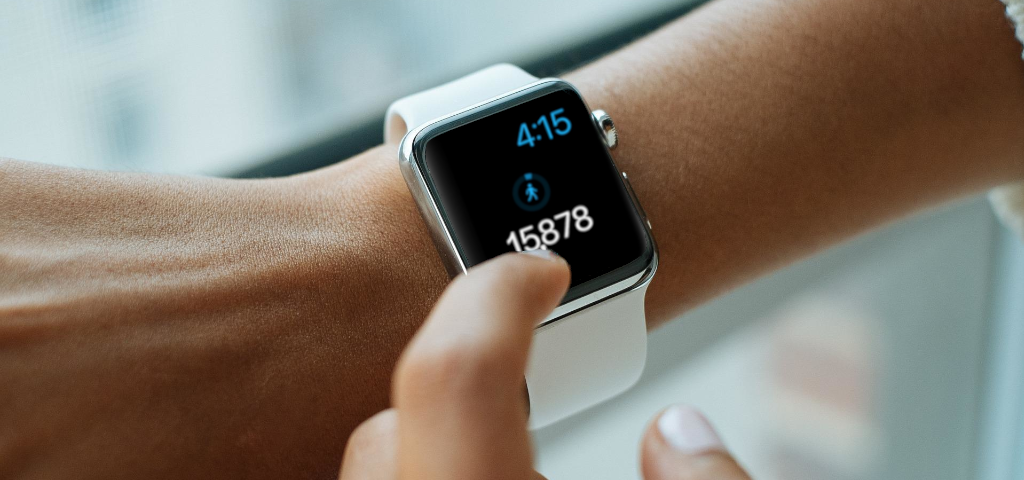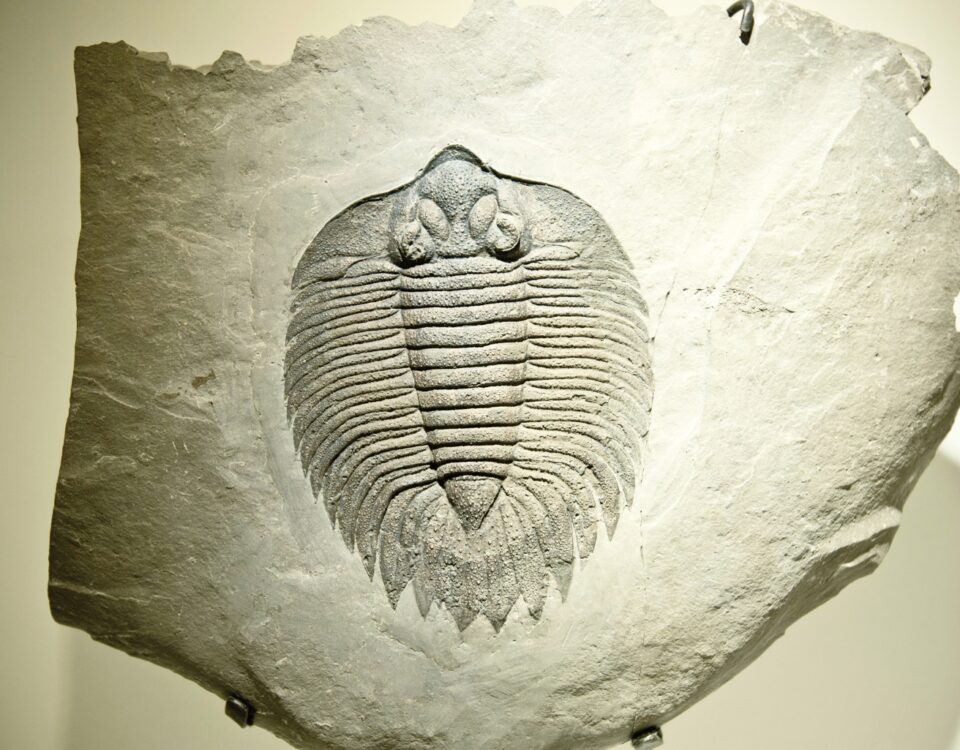
Special Love
June 25, 2022
Pass the Baton
August 18, 2022The alarm on my phone rang. I reached for it. As I did, a fresh understanding came to me of the figurative phrase, “I feel like I’ve been runover by a MAC truck.” I was stiff and hurt and since I forgot the hose to my CPAP machine, I was pretty sure I hadn’t slept very well.
My mind jumped back to review the previous day. Almost right away I realized that the pain I felt wasn’t just physical. There was a lot more involved than just some muscle and tissue. My mind and heart were hurting too.
In my book “Heart to Heart,” I share a phenomenon shared on the NPR.org podcast, “Hidden Brain.” Science writer Shankar Vedantam weekly discusses issues of how the mind affects our behavior. This topic this time was the “Hot/Cold Empathy Gap.”
I quote from the section of my book, “Things Aren’t Always as They Seem.”
The studies show that our logical self can effectively outline a plan of action…that is completely lost once we are in the middle of strong emotions such as anger, fear, or sexual arousal. Our strong emotions disconnect us from the logical side of our brain.
Vandantam uses the example of the comedienne Morgan Smalley, who left her venue following a stellar performance. She hit the proverbial ball out of the park that night, and she was basking in the glow of the perfect evening.
A man approached her with some random items in a shoebox…Even though it was dark and late, and she didn’t know that man, she took him to her ATM…She withdrew $40 and gave it to him. [Not only did she lead a complete stranger to her ATM account, she likely bought things he had stolen from people’s cars.] She later justified her behavior to her family, “But he was such a nice guy!”
In her aroused state following her great performance she completely lost track of her logical self.
It happened to her. It can happen to you.
We may think we can handle it, but that is our cold logic speaking and not our hot emotional self. The emotional self-reacts automatically, despite our best efforts. When the emotions are heightened, we can lose our calm self. (Heart to Heart, p. 162)
It happened to her. It happened to me.
My trigger hit me at a national convention for professional speakers. I have years of preaching experience but now I was entering the secular world of professional speaking. I needed to catch the current trends, and this was the place to learn them.
I still considered myself a bit of a hermit following the lockdown. A convention filled with happy, excited people was a challenge for me to attend. I was never the one who drank and put a lampshade on my head at parties but usually I can hang in and have a good time. This day, however, there was a whole other tier of engagement that I had no idea was present.
It all began when I stepped into Opryland Hotel for the first time in over twenty-five years. That hotel and I have history.
James, the one I hold responsible for making me a widow, was a bellman at Opryland decades ago. The company provided good benefits including free counseling services for employees and spouses. The counseling offices were in a set of unassuming trailers at the back of the parking lot.
James and I had been married thirteen years at that point, but we began our new life together in those trailers. It was there that James uttered the life altering statement, “I think I may have developed a drinking problem.” That was on a Tuesday. On Friday he was checking into rehab with the full support of his supervisor. He continued to work there even when years later he decided to answer the call to ministry, and he attended seminary.
Needless to say, those trailers provided a healing place for me as well as I wrestled with my own set of challenges.
The hotel then was half its current size, and it was complete with an extravagant theme park in its own backyard. Sometimes, I would bring our young sons to see their daddy at work and he’d slip them away to buy them a Coca-Cola. Then they ran through the courtyard jungles and splashed in the fountains. One time my parents stayed there and my father, the traveling salesman, declared it to be a mighty fine hotel.
Yes. That hotel and I have history.
I planned to combine convention business with a family visit since my husband’s brother lives nearby. I arrived in Nashville a day early so that I could get settled and have a good visit before I disappeared into the glamourous convention life for three days. That night the family and I shared a lot of memories about James. It was a good evening.
The next morning, I woke at 5:00 am to get to the hotel to meet a supportive friend for breakfast. She knew this was my first time to come to this meeting and she had kindly offered to show me the ropes.
The day was Saturday and even with no traffic at that early hour there was a portent of the day.
The GPS gave me three route choices. Nothing seemed simple. Parking was harder than I remembered. I forgot to download a map of the hotel and the walk was much further than I expected. The unknown made me edgy.
I entered the lobby from a side door that led directly into the thick jungle of plants where my sons once played. Without a transitional space like the lobby the wave of emotions almost took my breath away. Memories of my husband, my family, and that critical time of healing my life spilled from my heart. A whole crucible of emotions bubbled up from some deep place and nearly swept me away.
I pushed ahead.
At the convention’s reception desk, I received my name tag. I looked around and didn’t recognize anyone. Once again, I pushed ahead as I made myself walk up to complete strangers and introduce myself.
Everyone was friendly. I met my friend for breakfast and that was a relief. Then throughout the day the other attendees and I exchanged business cards and, in the hustle and bustle I made commitments without a good idea of where any place was or how long it would take to get there.
“Meet for dinner at the mall next door?” “Sure! Count me in!”
“Can you come to the ice cream social later?” “Sure! I’d love to!”
What I didn’t take into consideration was that everything was on foot and there was a whole lot of walking. Walking takes time. I had in over 6,000 steps and it wasn’t even noon!
There were breakout sessions and general meetings. The information was great. The food was delicious. As the day wore on, however, I began longing for just a quiet spot where I could pause and regroup. I was deeply tired, and it was barely halfway through the day.
Onward I pushed myself. There was more delicious food and then more people to meet and more information to learn and… and… I was beginning to feel overwhelmed. And since I wasn’t staying at the hotel there were limited places to sit and rest to collect oneself.
I hit the wall. I found my last nerve.
The last big meeting of the day was in a very large ballroom packed with tables, bright pulsing lights, a big stage and lots and lots of extroverts. The meeting began with a half dozen drummers marching as if leading a parade. All around me were people smiling and applauding all there was to celebrate. We applauded everyone’s accomplishments. We applauded each speaker. We applauded the touching memorial video of the members who had died.
I was ready to go home. The meeting wasn’t the problem. I was.
The stress from my people pleasing was wearing me out. Not once that day had I said “no” to anything. Of all the people I worried about pleasing nowhere was I on the list. And like the comedienne in the story, my strong emotions disconnected me from logic. I was on autopilot and the plane was going down.
What could I do? I had found some friends and now I was sitting in the middle of a very large ballroom with my book coach, my publisher and two of their friends. I didn’t just want to get up and leave. That didn’t seem polite.
When the drums began playing again, I screwed up my courage. I said my good-byes to those at my table and found my way to the door. That metal click of pushing the release bar and the cool whoosh of the air in the lobby was very satisfying.
But I was stubborn. I made a commitment, and this autopilot wasn’t about to give up. From the hotel I walked the long distance to the restaurant where I would meet up with members of my local chapter of the organization. How many steps at that point? I was too exhausted to look, and I probably didn’t want to know anyway especially when it began to softly rain.
It was a German restaurant with terrible service and when the throbbing in my head matched the beat of the om-pah band I began to believe that I had gone a bridge too far. Finally, common sense wiggled its way to the surface, and I texted the hostess of the ice cream social. I was too beat to go any further.
Luckily, someone at dinner gave me a ride to my car. It was almost 10:00 pm by the time I reached my brother-in-law’s house. It had been a 17-hour day. I sat in the car. That walk from the driveway to the house felt like it was another 6,000 steps even though it was only a few feet away. I got there though and fell into bed. It felt so good.
It was the next morning when I realized just how stiff and tired, I was from the day before. I lay in the bed garnering my strength to make it to day two of the convention when something finally got through my thick head.
I didn’t take care of myself because I was unaware of what I was doing. Logic clicked off. I was totally emotional. In the process, I forgot about taking care of myself. No. I didn’t just forget to use self-care. The idea didn’t even come to my mind.
Throughout the long hard stretch of the day before, I did none of the things I advise people to do when they are stressed out, exhausted and at the end of their rope. No, just like the comedienne who took the man to her ATM, I was suffering from the “Hot/Cold Empathy Gap.” I zoned out.
- I started the day tired and didn’t provide for breaks
- I didn’t fully engage the day but stayed just a bit agitated.
- I overcommitted based on my lack of information.
- I didn’t listen to my body but continued to push through fatigue.
- I picked up the energy and forgot to regulate my own.
- I forgot to breathe.
The combination of feeling anxious about attending a national meeting at my husband’s old hotel, a hotel filled with memories and was an essential part of our healing, combined to become a zone of overwhelm even before I reached the registration desk.
We may think we can handle it, but that is our cold logic speaking and not our hot emotional self. The emotional self reacts automatically, despite our best efforts. When our emotions are heightened, we can lose our calm self. (Heart to Heart, 161).
Or as I discovered, you can lose yourself completely.
How does one overcome an automatic response? According to the studies cited in the podcast the most effective solution was training. We can learn a different response. And the good news is that just as in any skill, muscle memory can be changed.
The pilot of the US Airways jet that landed in the icy waters of the Hudson River in 2009 attributed the success not his personal skill but to the years of training that he and all the crew members completed. They had their own version of autopilot that took over and resulted in no loss of life.
How does that work in the everyday world?
One way to create a new response to sudden life questions is through use of a 400-year-old Listening Method. Intentional listening can help create an override to your usual response as you shift the attention away from yourself to the other person. With you out of the way, you can help them find the best solution: the one that they find for themselves.
It all begins by asking a question. (Heart to Heart, p. 163)
Once I realized what transpired the day before, I was embarrassed and began beating up on myself. That wasn’t helping either. So, I resolved to make this day better.
- I intentionally took my time going in.
- I intentionally skirted the edges of the meeting.
- I intentionally engaged in some less frantic card-exchanging conversations.
- I intentionally breathed to center myself in the middle of everyone else’s energy.
When I felt myself tense up, I breathed. When I was tired, I sat down on one of the benches. My awareness of what happened the day before was the first step to make this day better.
Nothing I did was flashy, but it was effective, nonetheless. At the end of day two, I was much less tired. And one thing for certain…I definitely walked fewer steps.




